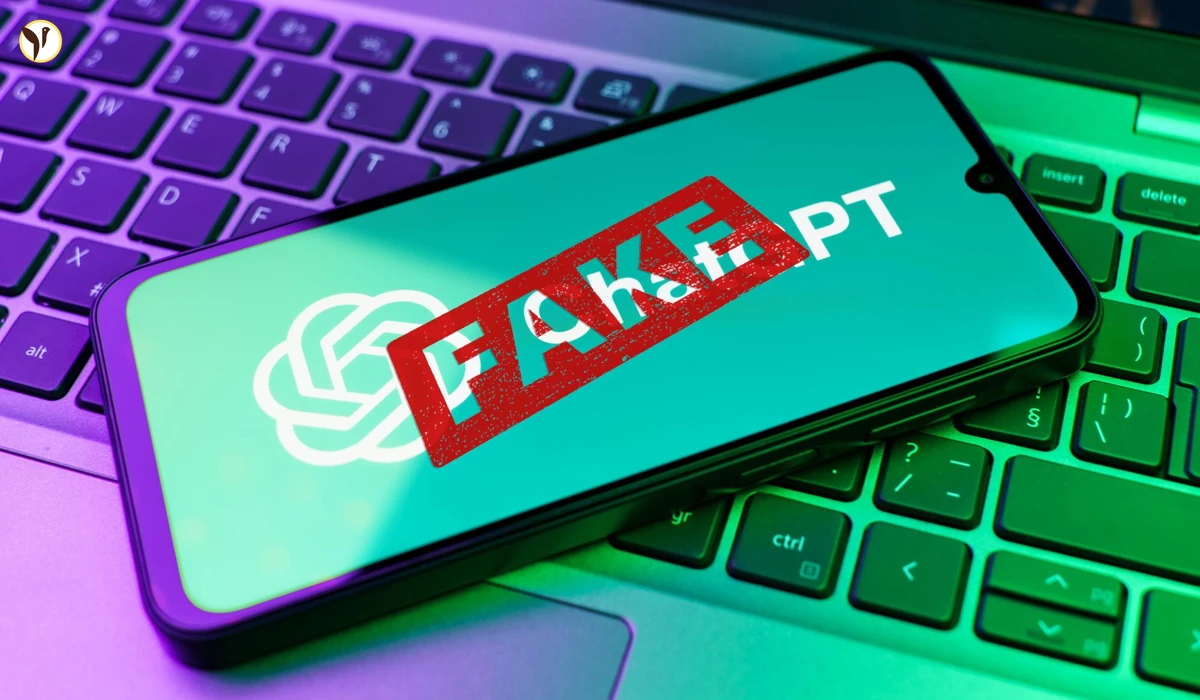ChatGPT on Blackboard: Can Your Professor Tell?
Let's be honest, we've all been there. That looming deadline, the blank screen mocking your tired brain...and then, the siren song of ChatGPT. A few well-placed prompts, and *poof*—your essay's done. You hit "submit" on Blackboard, feeling a mixture of relief and…guilt. But here's the big question: can your professor actually tell you used AI?
Blackboard's Role and Limitations
Blackboard itself isn't some magical AI-detecting machine. It's a learning management system. The real detection happens through tools integrated *within* Blackboard, like SafeAssign. SafeAssign checks for plagiarism by comparing your work to a huge database of existing documents. If there's a match, alarm bells ring.
However, ChatGPT's strength is generating *original* content. SafeAssign might miss it. The real giveaway? Your professor knows your writing style. A sudden shift to perfect grammar and complex sentences from your usual...well, let's just say less polished prose—that's a pretty big red flag.
More Than Just Plagiarism Checkers
Blackboard also tracks activity. Submitting a 2,000-word essay in five minutes? Yeah, that's going to raise some eyebrows. Besides plagiarism checkers, some universities use dedicated AI detection software like GPTZero or Turnitin's AI writing detection feature. These tools analyze writing patterns, looking for that robotic feel—overly formal language, a lack of nuanced understanding, etc. ChatGPT might be a grammar whiz, but it struggles with genuine human insight.
But here's the twist: AI detection isn't perfect. These tools can make mistakes, flagging human writing or missing AI-generated text. Students are getting clever too, editing ChatGPT's output to make it sound more…human. It's a constant arms race.
- Unusual writing style: A sudden change in writing quality or tone.
- Inconsistent activity logs: Submitting a lengthy assignment incredibly fast.
- AI detection tools: Software specifically designed to identify AI-generated text.
The Ethics of It All
Let's talk about the elephant in the room: ethics. Using ChatGPT to bypass the learning process is cheating yourself. You miss out on crucial skills like critical thinking and research. It's not just about avoiding getting caught; it’s about getting the most out of your education. And let's be real, you're paying for that education, not a robot's services.
Need help? Ask your professor! They're there to teach and guide you, not just catch you cheating. Use ChatGPT responsibly—as a brainstorming tool, a grammar checker—but let your own voice shine through. After all, originality and critical thinking are what set us apart from the machines.
Real-World Examples and Expert Opinions
Recently, a Northeastern University student demanded a tuition refund after discovering her professor used ChatGPT to create lecture notes. While the university denied the refund, the incident highlights the growing debate around AI's role in education. Experts warn against relying solely on AI for academic work, emphasizing the importance of critical thinking and original thought.
Conclusion: Your Voice Matters
So, can Blackboard detect ChatGPT directly? Not really. But your professor can definitely see the red flags. The choice is yours: risk it all for a quick fix, or embrace the messy, rewarding process of learning. Your education is an investment in yourself, and that investment is worth more than any AI-generated shortcut.









